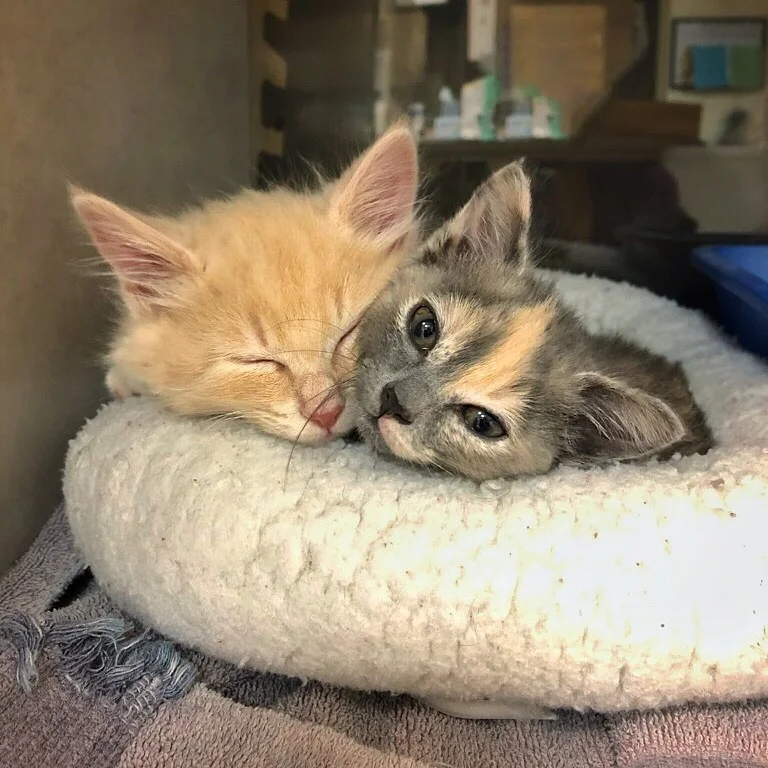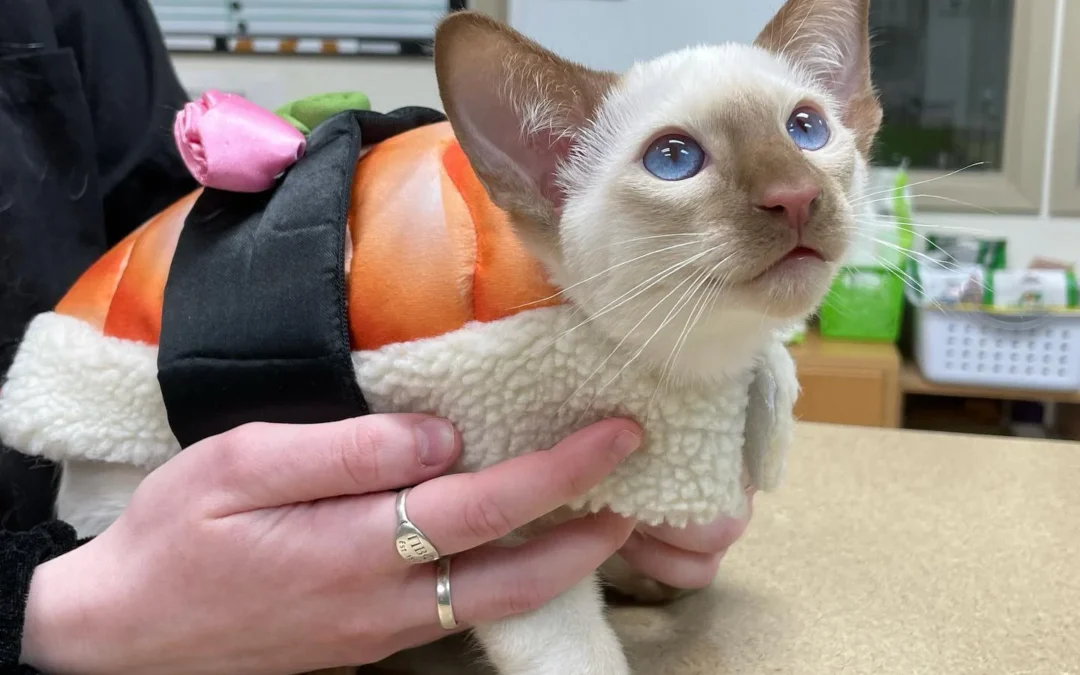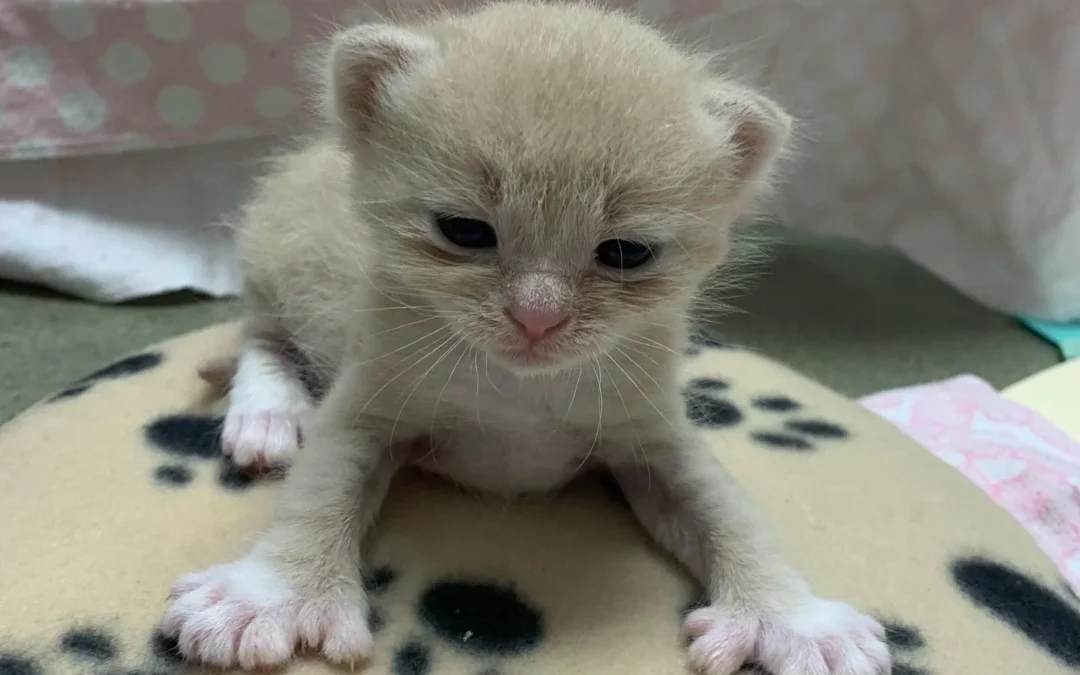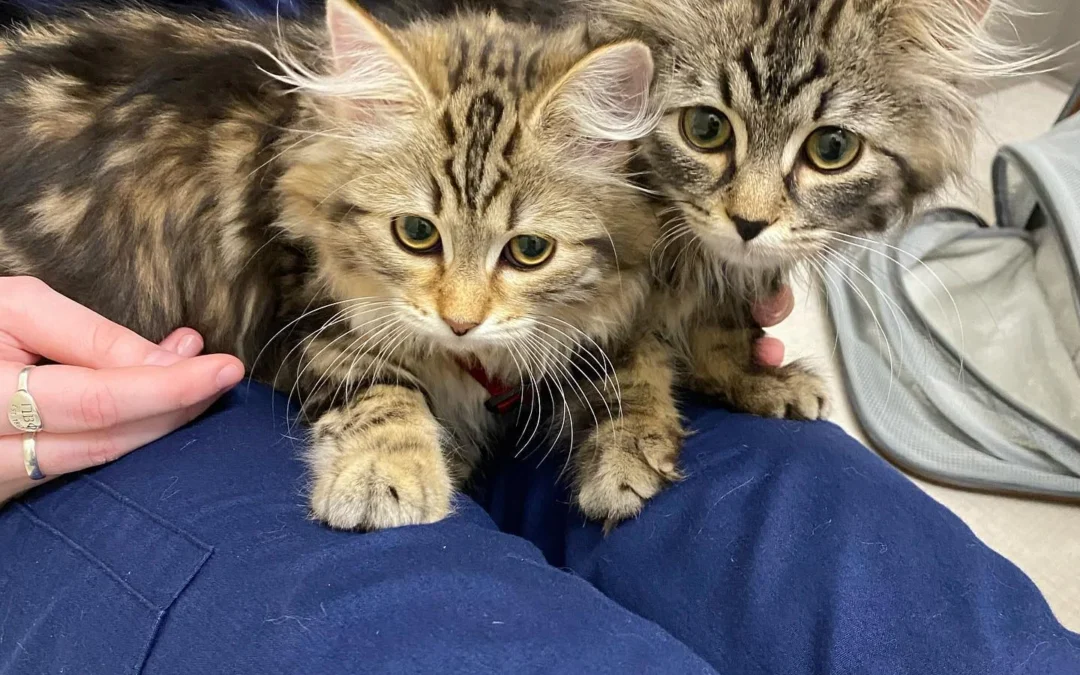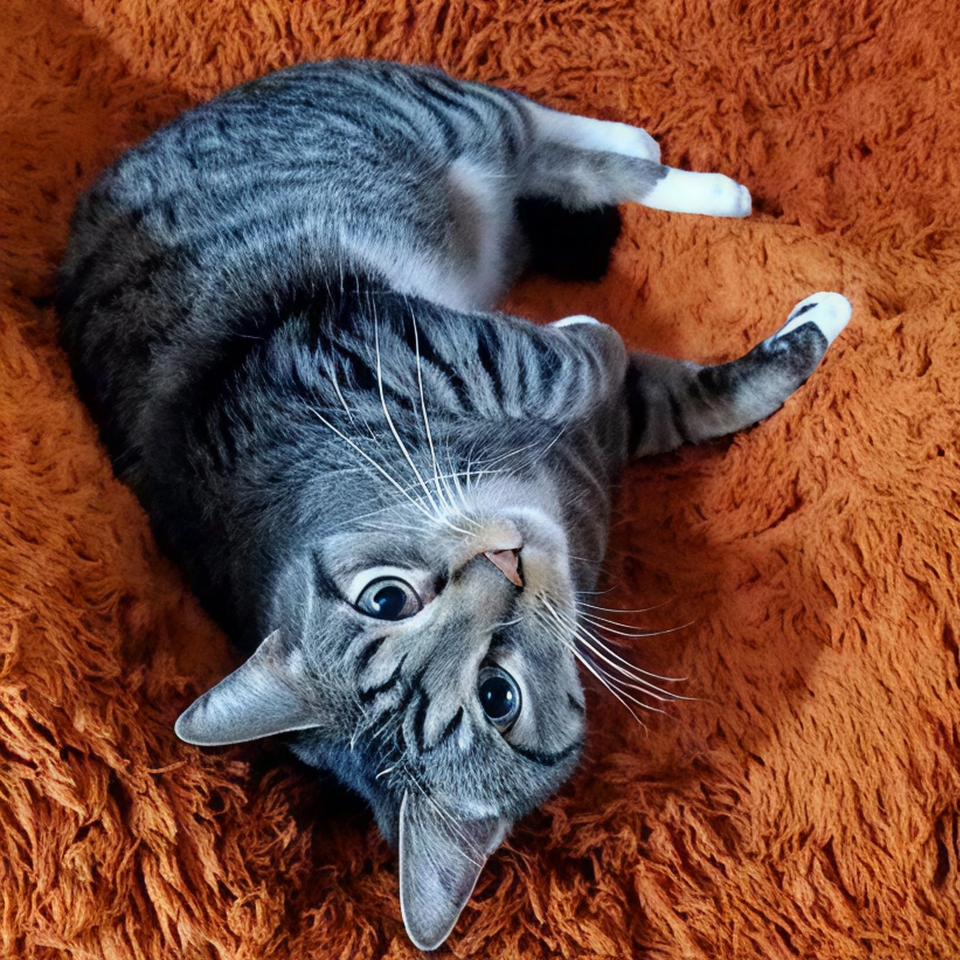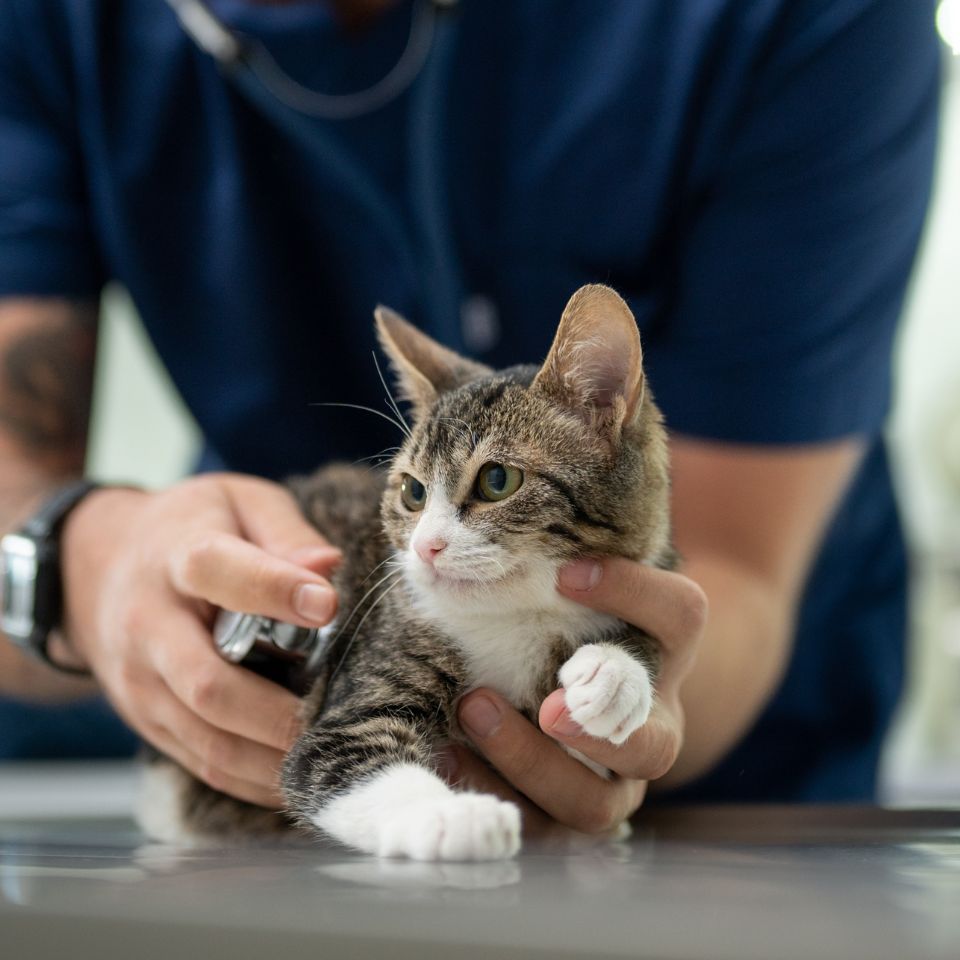Hidden Dangers: Common Household Poisons for Cats
Your home may contain everyday items that are toxic to cats, leading to serious illness or emergency veterinary visits. Here are some of the most dangerous household toxins cat owners should be aware of.
1. Avocado
The fruit itself isn’t toxic to cats, but the large pit poses a choking hazard. Other animals, such as birds and rabbits, are highly sensitive to persin, a compound found in avocados.
2. Unbaked Bread Dough
When ingested, raw dough expands in the stomach, leading to bloating, gas buildup, and even alcohol poisoning due to fermentation. Signs include vomiting, seizures, and lethargy.
3. Chocolate
Theobromine, a stimulant found in chocolate, is toxic to cats, especially dark chocolate and cocoa powder. Symptoms of poisoning include vomiting, seizures, and irregular heart rhythms.
4. Household Detergents
Cats often walk across spilled detergent and ingest toxins while grooming. Signs of detergent poisoning include drooling, burns in the mouth, vomiting, and respiratory distress.
5. Gorilla Glue & Expanding Glues
If swallowed, these glues expand inside the stomach, creating a solid mass that requires surgical removal. Symptoms include vomiting, bloating, and loss of appetite.
6. Grapes & Raisins
Even a small amount of grapes or raisins can cause acute kidney failure in cats. Signs of toxicity include vomiting, lethargy, and decreased urination.
7. Liquid Potpourri & Essential Oils
Cats are highly sensitive to essential oils, especially tea tree oil, eucalyptus, and citrus oils. Ingestion can cause tremors, vomiting, and organ damage.
8. Nicotine
Even small amounts of nicotine from cigarettes, nicotine gum, or vape cartridges can lead to seizures, tremors, high blood pressure, and respiratory failure.
- What to Do If Your Cat Is Poisoned
- Contact a veterinarian immediately
- Call ASPCA Poison Control at (888) 426-4435
- Do not induce vomiting without veterinary guidance
Taking preventative measures and storing toxic substances out of reach can save your cat’s life.
If you suspect poisoning, call your vet immediately.

